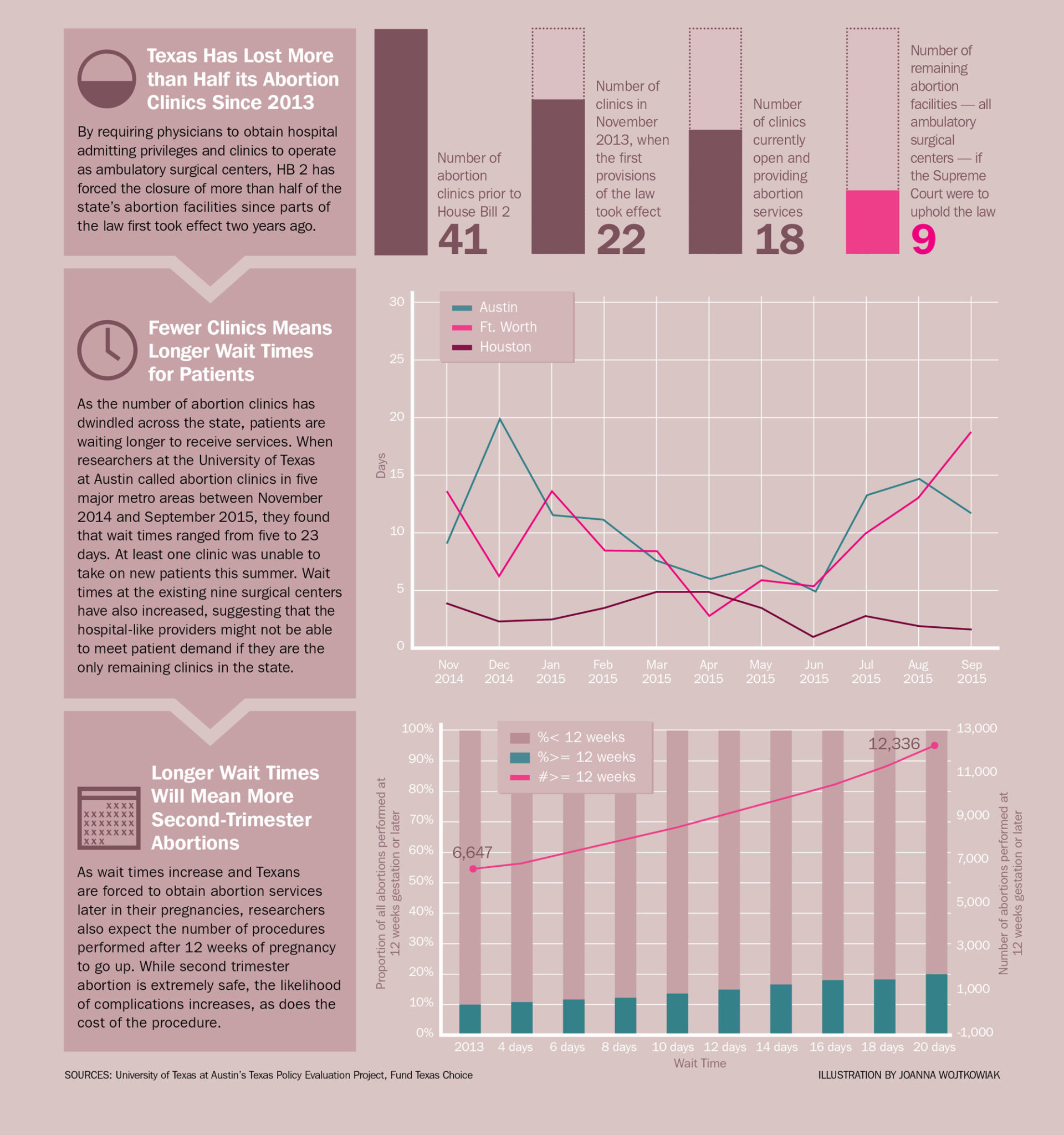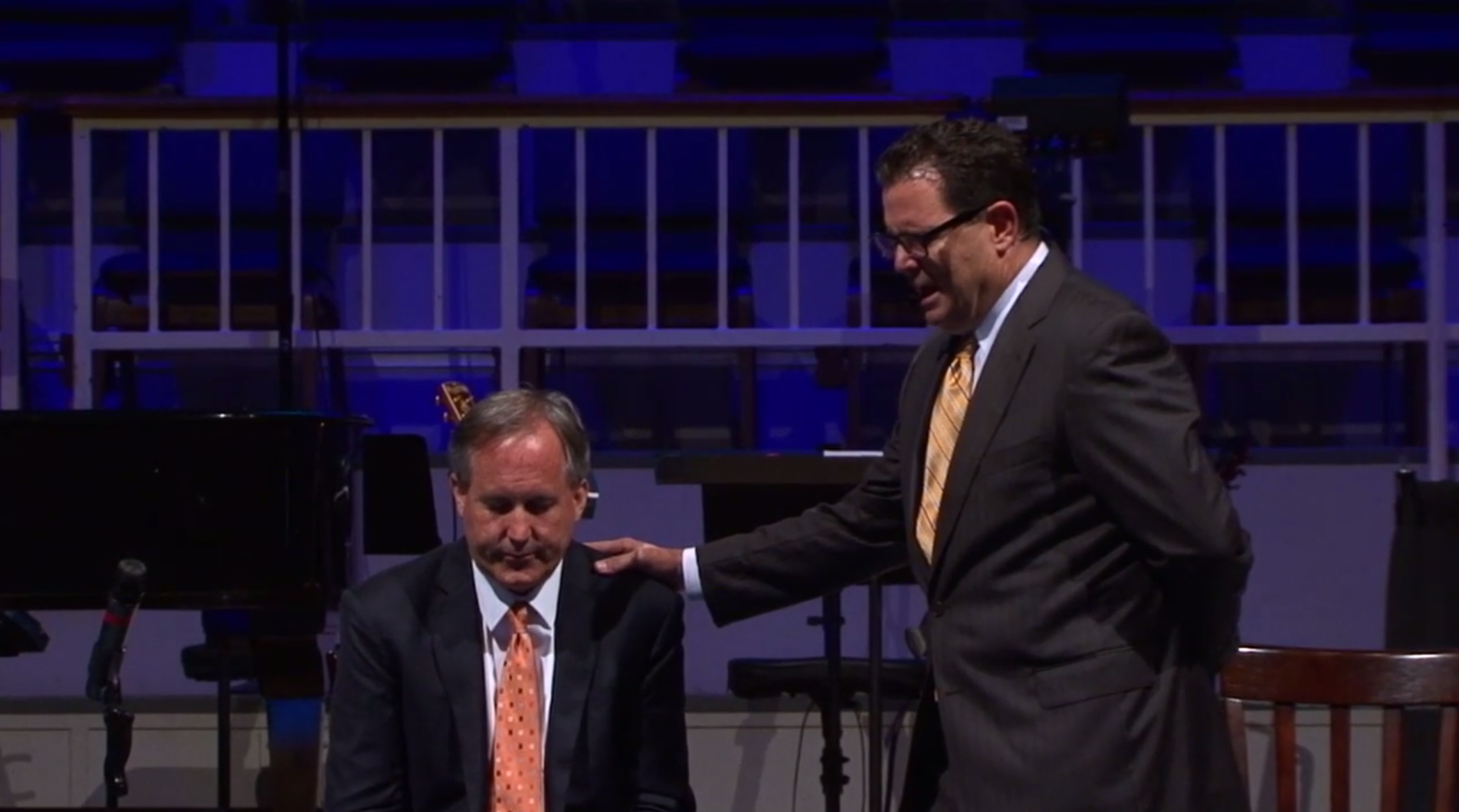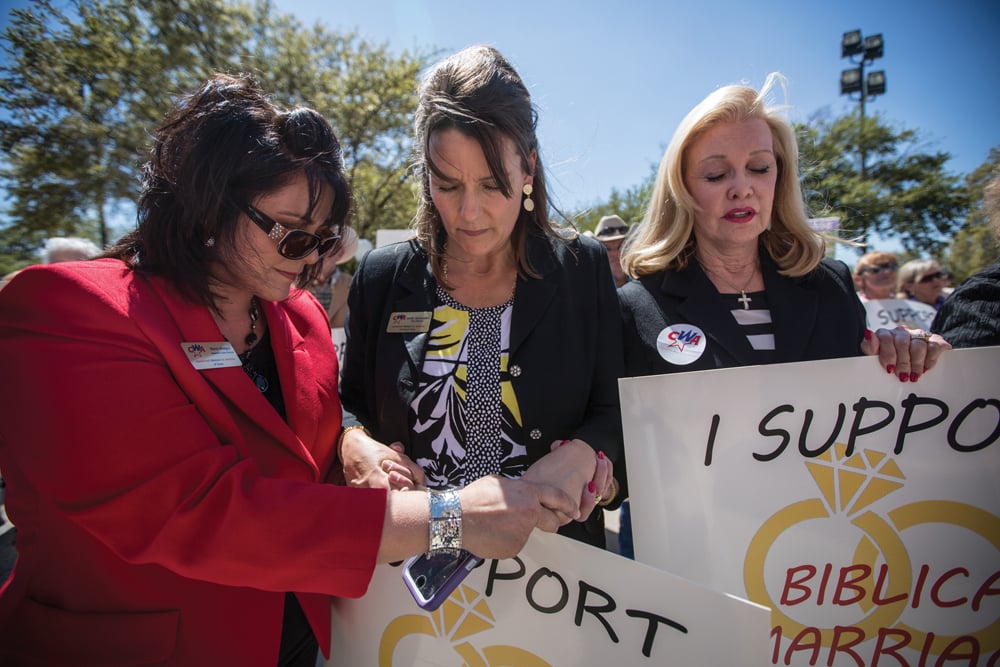
Bad Bill: You, Me and the Lord Makes Three

A version of this story ran in the March 2015 issue.
Wedding vows not good enough for you? State Rep. James White (R-Woodville) has filed legislation that would allow some brides and grooms to one-up regular marriages by choosing to enter into a “covenant marriage.” House Bill 547 isn’t meant to disparage non-covenant marriages, White says.
“A covenant is an agreement not only between two mortal beings, a man and a woman, but it’s also a covenant between a man and a woman and God,” White said. (No same-sex marriages allowed, but throuples are apparently OK as long as they include a higher power.)
A couple who wants to enter a covenant with God will have to participate in premarital counseling, read a pamphlet and swear in an affidavit that they will take “all reasonable efforts to preserve” their marriage. That includes more counseling and a two-year period of legal separation before filing for divorce.
It’s not impossible to get divorced if you’re covenant-married; it’s just really, really difficult. The affidavit warns the couple: “We understand that we can get divorced or separated only for a reason stated in the pamphlet on covenant marriage.”
Adultery, abandonment and abuse are get-out-of-marriage-free cards. So are felony charges.
(You can’t incriminate your spouse just to get a divorce. The bill stipulates that courts cannot order a legal separation if a spouse is convicted of a felony “solely on the testimony of the other spouse.”)
The bill would require only Hardin County to grant covenant marriages. It would allow other counties to offer covenant marriages if they choose. In previous sessions, covenant marriage bills have died in committee.

White says business leaders and clergy in Hardin County have lobbied for the covenant marriage option in the hope that “stronger families” will improve the community’s quality of life by averting many of the problems that weak families supposedly present to schoolteachers and police officers. Two parents, theoretically, are better at watching out for school-skippers (or meth-lab builders) than one.
“Families who are intact tend to weather economic challenges better than other scenarios,” White said.
Will contractual obligations save Texas families and cure society’s ills? Those who opt for a covenant marriage are likely to be members of religious groups that strongly discourage divorce, and already take the idea of marriage seriously. Most of the churches in Hardin County are Southern Baptist or evangelical denominations.
Louisiana was the first state to establish covenant marriage in 1997, expecting that it would lower the state’s divorce rate. But covenant marriages made up only 1 percent of all marriages that first year. Ten years later, that figure rose to nearly 2 percent. Louisiana has one of the higher divorce rates in the country, as does Texas.
But covenant marriages aren’t just ineffectual; they’re also potentially harmful to vulnerable populations. The stipulations for claiming abuse as a reason for divorce, as outlined in the bill, are particularly problematic. A spouse must report the domestic abuse to a law enforcement agency and file for a protective order.
It seems likely that lawmakers, many of whom are working on second and third marriages, may have a simple response to this bill: “I don’t.”


